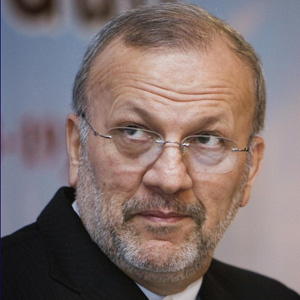US Discourse and the Post-Election Developments

In his early days at the office, President Obama favored bilateral talk and diplomatic engagement with Iran as the primary policies to settle old disputes, particularly the one over Iran’s nuclear program. Iran’s cold shoulder however forced Obama to follow his diplomatic goals via Five plus One.
Obama’s emphasis on diplomatic means to deal with Iran has come under attack by several power loci. First are the Republicans who believe that after the controversial presidential election in Iran, Washington should set aside any plans to reconcile with the Iranian government and lend support to the Iranian protestors. Second is the Congress that has suggested putting an embargo on oil products export to Iran. US public opinion has also criticized Obama over his lukewarm response to Iran’s political developments. And just as usual another significant actor was the pro-Israel lobby.
Multidimensional pressures seem to have forced Obama modify his primary Iran policy. This policy could explain why besides stressing the priority of diplomatic negotiations and voicing support for Iranian protestors, Hillary Clinton states that for the United States it is important to bring Five plus One members –particularly China and Russia- on board and take more serious steps.
Whether in UN Security Council resolutions or US diplomatic discourse on Iran, threats of tougher sanctions are always followed by an invitation to negotiation. Clearly Western powers prefer to reach an agreement with Iran before taking adverse measures.
A closer look at United States’ Iran policy reveals that there have been no sharp shifts. Iran’s presidential elections and the subsequent protests have compelled White House to take a stance in favor of the Iranian people, so remarks concerning Iran’s domestic developments were added to US diplomatic discourse. We see that today, beside the nuclear technology, Hillary Clinton addresses human right issues in Iran and US support for the post-election movement. Meanwhile, as Obama had once stated, for White House the crucial issue is to settle disputes over Iran’s nuclear program, regardless who holds power inside Iran.

